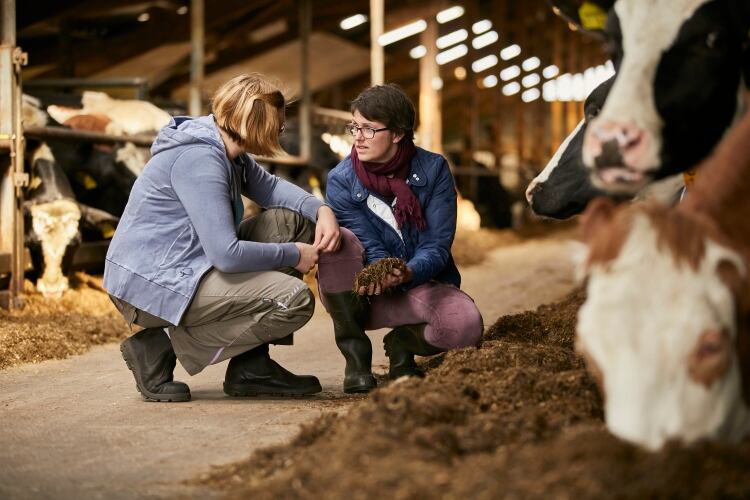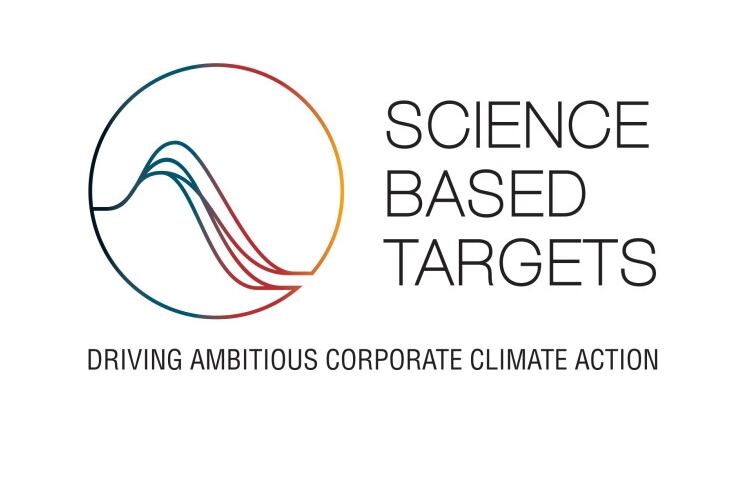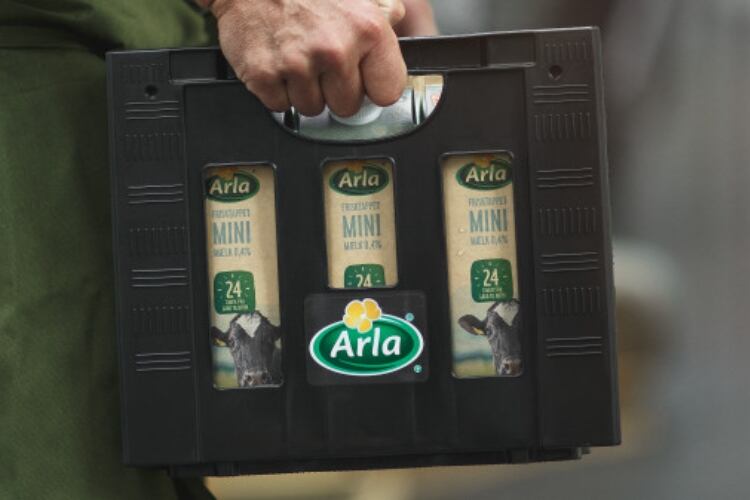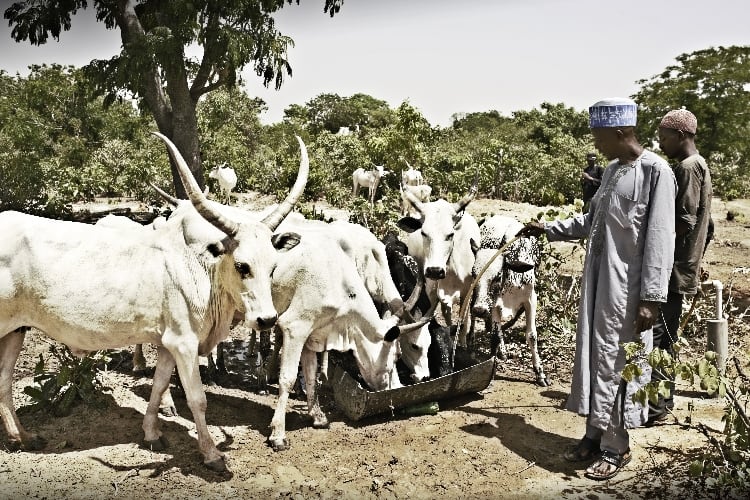The dairy cooperative said it is the first dairy company in Europe to introduce an initiative across seven countries that will triple the speed of CO2 emissions reductions on farm and accumulate one of the world’s largest sets of externally-verified climate data from dairy farming.
Arla Foods is introducing a new Climate Check program and support to all its farmer owners in Northern Europe, which is part of the company’s drive to reduce carbon emission by 30% by 2030 and have a neutral climate impact by 2050.
Arla chairman, Jan Toft Nørgaard, said, “Dairy is an excellent natural source of nutrients compared to its carbon cost, but we have a strong desire to make the balance between nutrients and CO2 even better. Arla farmers have already cut emissions by 24% since 1990, but we also recognise that it’s not enough. As in any other industry, we need to do more and we need to do it faster.”
The Climate Check tool is intended to help farmers identify emissions on farm and provides a picture of the actions farmers can take to reduce emissions further. Each Arla farmer will input information covering everything from herd size to housing, milk volumes, feed usage and feed production, energy and fuel usage and renewable energy production.
The Climate Check program will include a digital reporting tool; the data is then verified by an external advisor who will visit the farm to provide advice on action plans.
Areas measured by the Climate Check tool include number of animals, feed composition, crop production, use of fertilizer, manure handling, use of electricity, fuel and renewable energy.
Arla said as it has almost 10,000 farms and an annual production of 14bn liters of milk, the company is building one of the world’s largest sets of externally verified climate data from dairy farming. This will be the solid foundation for benchmarking, knowledge sharing across the dairy industry and correlation analysis.
“We will able be able to benchmark against our farmer colleagues on carbon footprint. But equally important, the data can be used to gain more knowledge and science-based solutions in collaboration with the agricultural sector and academic institutions. This will be important as we decide on which science-based solutions will take us to the next level in the fight against climate change,” Nørgaard said.
The data captured will enable each farmer owner to see what level of carbon emissions they produce per liter of milk and identify where there is room for improvement. Arla will support its farmer owners to deliver reductions of 3% per year on average which would see Arla on track to reach its ambition to reduce carbon emission by 30% by 2030 and have a neutral climate impact by 2050. However, farmer owners who have used the earlier model have shown that it can help reduce carbon emission by up to 4% per year.
To support farmers in using the new Climate Checks, Arla said farmers who sign up to the Climate Check in 2020 will be paid a financial incentive of one eurocent per kilo of milk.
Nørgaard said he expects the vast majority of Arla farmers to sign up to the Climate Check.




